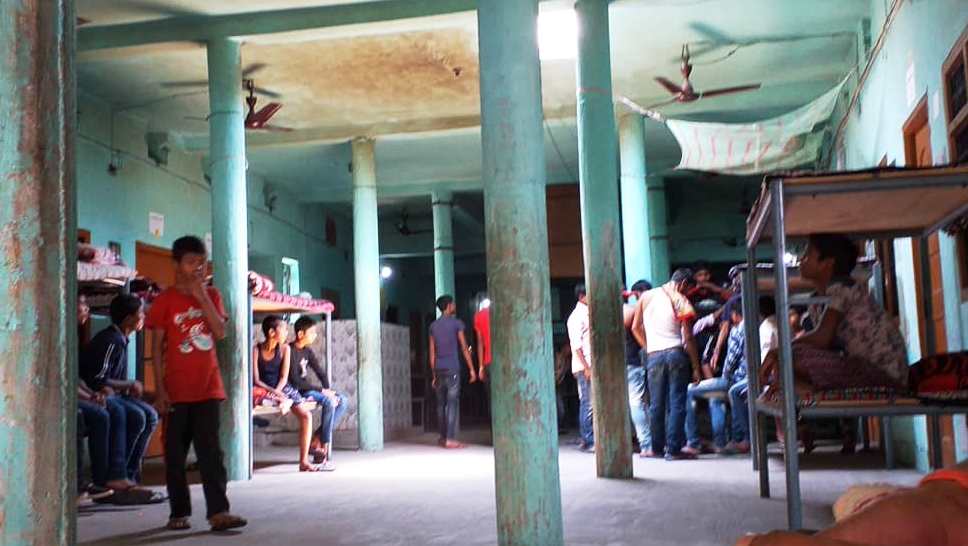 On Good Friday, the 18th April 2019, ChoraChori facilitated the rescue of 26 Nepalese boys from a children’s shelter in Bihar, north India.
On Good Friday, the 18th April 2019, ChoraChori facilitated the rescue of 26 Nepalese boys from a children’s shelter in Bihar, north India.
The open border between Nepal and India makes it easy for children to be trafficked or for them to voluntarily cross into India in search of opportunities. On the 27th March the Indian authorities intercepted a group of 26 teenage boys who were on their way to alleged employment opportunities in Chennai. Such transfer of children concerns the Nepal authorities for good reason. Why would Nepalese children be offered employment when there are no shortage of potential employees in Chennai itself? The truth of the matter is that it is much easier to exploit children who are foreign nationals - one of the sad fundamentals of child trafficking.
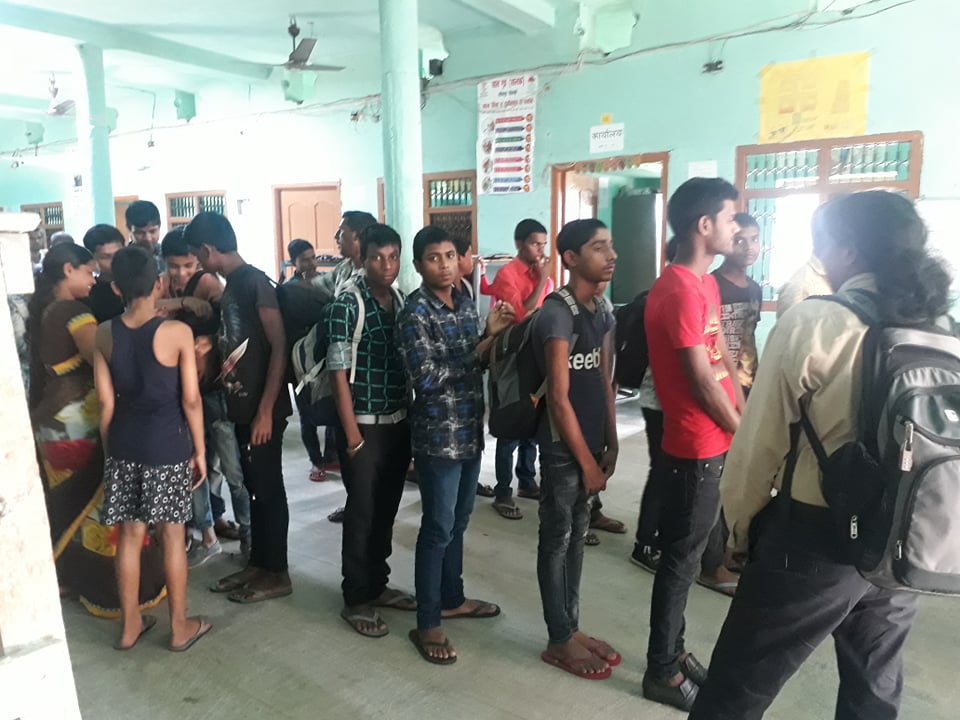 All of the boys hailed from Districts in south central Nepal. The boys had been placed in a children’s shelter at Sitamadhi in Bihar (pictured) with the request that the Nepalese authorities arrange their repatriation and reunification with their families. Accordingly, Nepal’s Central Child Welfare Board (CCWB) immediately contacted District Child Welfare Boards in Dhanusha, Mahottari, Sarlahi and Siraha Districts to trace the boys’ families. This being achieved quickly, CCWB then requested that the Sitamadhi District Child Protection Unit hand over the boys to authorised persons. These were Sanjiv Mahato (CCWB), Saroj Kumar Ray (an independent social worker appointed by Dhanusha Child Welfare Board) and Shailaja CM, the Operational Director of ChoraChori-Nepal (right of picture). The reunification was effected quickly on Good Friday, with ChoraChori-Nepal covering the costs, including the hire of the bus. The boys have since been reunited with their families, relieved to be back home after their month-long detention. See this press report on the rescue.
All of the boys hailed from Districts in south central Nepal. The boys had been placed in a children’s shelter at Sitamadhi in Bihar (pictured) with the request that the Nepalese authorities arrange their repatriation and reunification with their families. Accordingly, Nepal’s Central Child Welfare Board (CCWB) immediately contacted District Child Welfare Boards in Dhanusha, Mahottari, Sarlahi and Siraha Districts to trace the boys’ families. This being achieved quickly, CCWB then requested that the Sitamadhi District Child Protection Unit hand over the boys to authorised persons. These were Sanjiv Mahato (CCWB), Saroj Kumar Ray (an independent social worker appointed by Dhanusha Child Welfare Board) and Shailaja CM, the Operational Director of ChoraChori-Nepal (right of picture). The reunification was effected quickly on Good Friday, with ChoraChori-Nepal covering the costs, including the hire of the bus. The boys have since been reunited with their families, relieved to be back home after their month-long detention. See this press report on the rescue.
Well done to Shailaja and our staff lawyer, Sunita Karki, on their success and compliments to all other involved parties on this smooth operation. This latest rescue brings to 203 the number of displaced and trafficked children whose repatriation ChoraChori has facilitated since late 2015. We aim to open a boys’ hostel in Kathmandu later this year which will give the rescue programme a further boost.

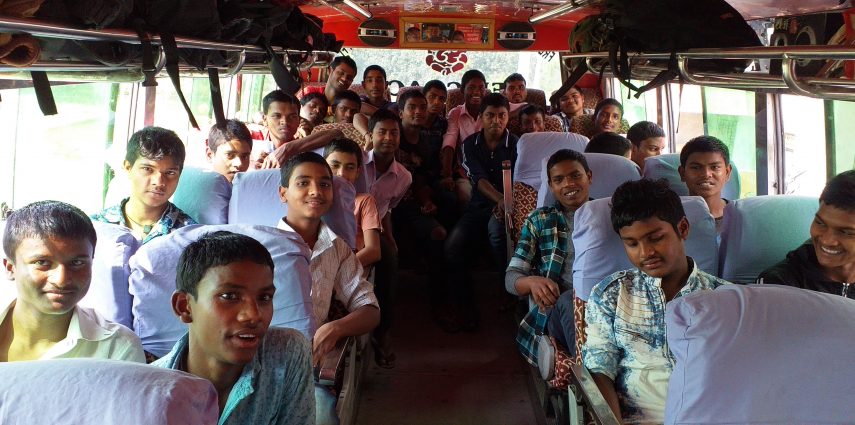
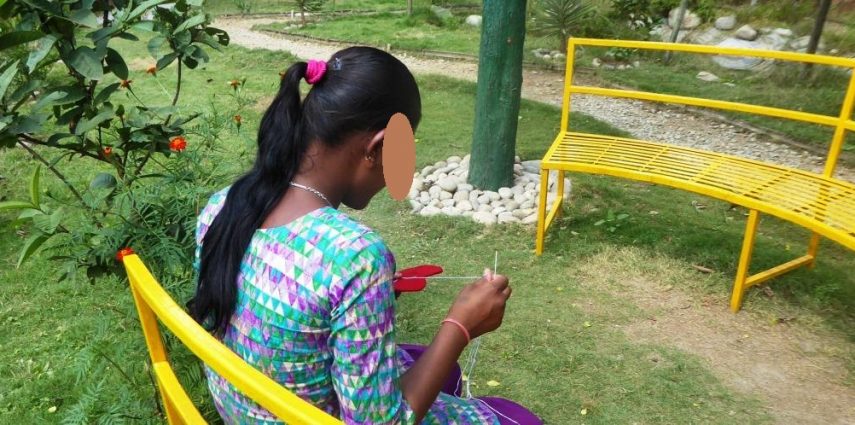
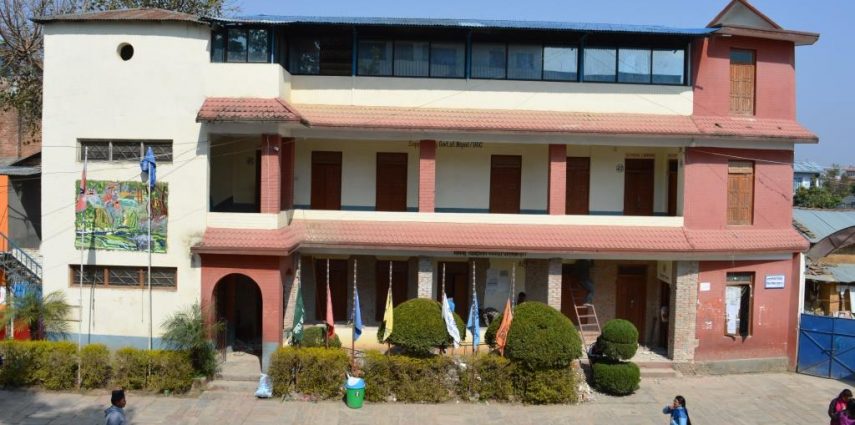
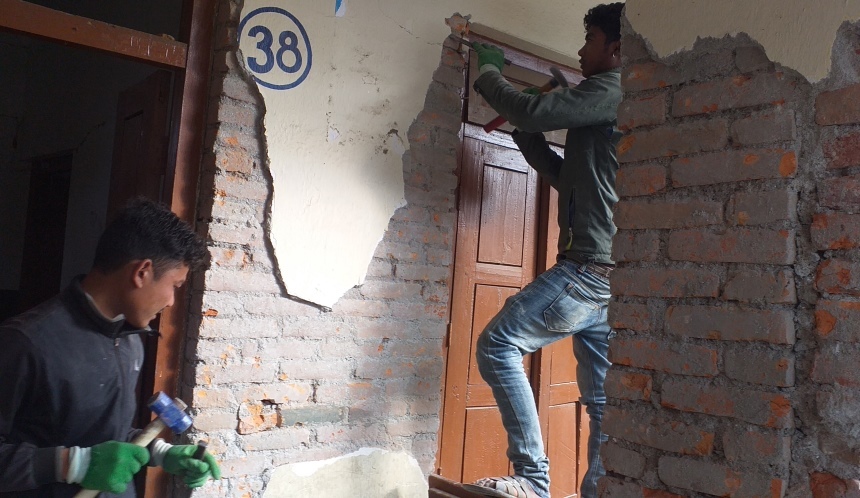 ChoraChori and its partners have provided funds for a new major capital project at Kitini College.
ChoraChori and its partners have provided funds for a new major capital project at Kitini College.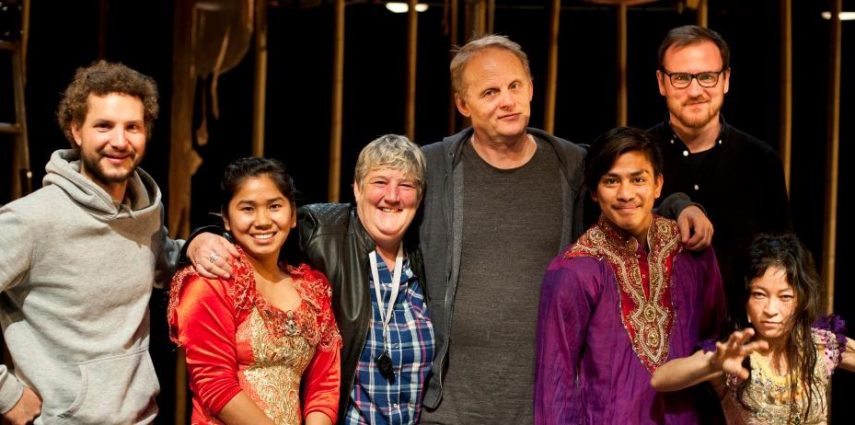


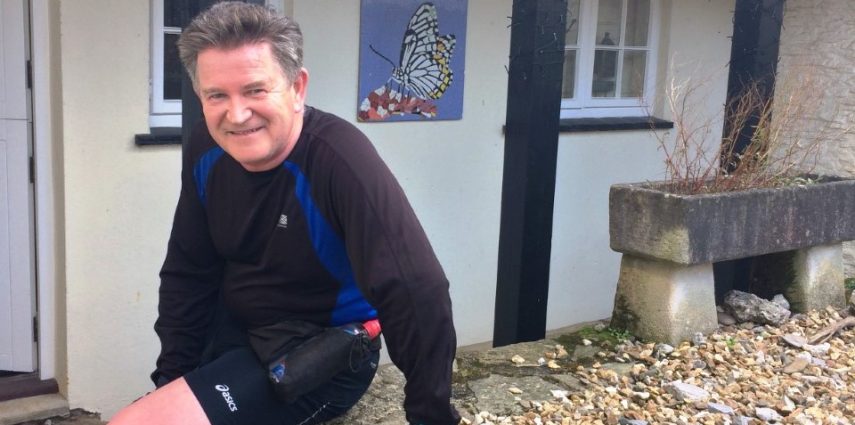
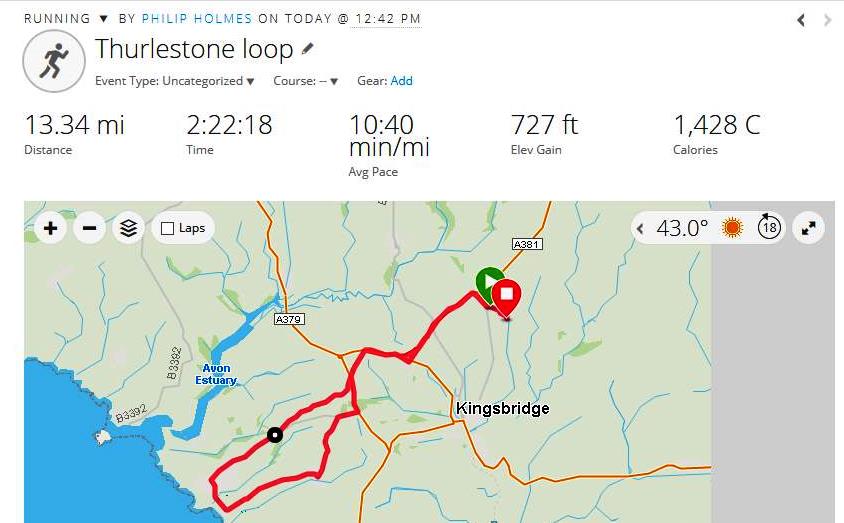 Today my brand new Garmin Forerunner 30 runner’s watch tracked my time, distance, calories etc in a training run for this year’s London Marathon. My strategy during training is to ignore speed and distance in favour of building up endurance. Today’s goal was to run for two hours. It was bitterly cold, but the sun was shining and 2 hours and 22 minutes later (sustained by one bottle of raspberry flavour Lucozade Sport - yuk) I’d completed just over half marathon distance without stopping. Factor in those notorious Devon hills - the climb out of Thurlestone was particularly memorable in this regard - and that time was pretty reasonable. My watch even grudgingly told me that my fitness level was “good”. The cheek of it.
Today my brand new Garmin Forerunner 30 runner’s watch tracked my time, distance, calories etc in a training run for this year’s London Marathon. My strategy during training is to ignore speed and distance in favour of building up endurance. Today’s goal was to run for two hours. It was bitterly cold, but the sun was shining and 2 hours and 22 minutes later (sustained by one bottle of raspberry flavour Lucozade Sport - yuk) I’d completed just over half marathon distance without stopping. Factor in those notorious Devon hills - the climb out of Thurlestone was particularly memorable in this regard - and that time was pretty reasonable. My watch even grudgingly told me that my fitness level was “good”. The cheek of it.
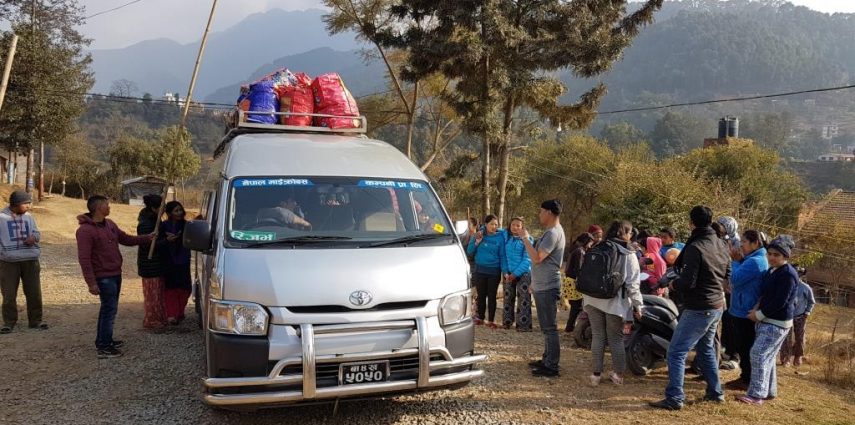
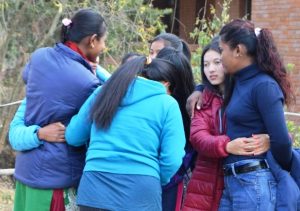 After spending six months at the ChoraChori refuge in Godawari, Kathmandu it was time for eight girls to return home to Jhapa. Six months may not seem like a long time, but it’s long enough to make new friends and feel sad when you have to say goodbye. There were hugs and tears as the girls packed up last Sunday afternoon and got ready for the long journey ahead.
After spending six months at the ChoraChori refuge in Godawari, Kathmandu it was time for eight girls to return home to Jhapa. Six months may not seem like a long time, but it’s long enough to make new friends and feel sad when you have to say goodbye. There were hugs and tears as the girls packed up last Sunday afternoon and got ready for the long journey ahead.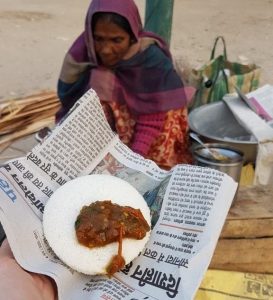 No rest for the wicked. Bags were left in the hotel, a quick attempt at freshening up and we were on our way again to drop the other girls at various locations. Fortunately, there was time for some tea and a taste of a local roadside delicacy, bhakka. The girls gradually left us to complete their journeys via auto-rickshaw and we reached our final destination in the tea plantations at 9 am.
No rest for the wicked. Bags were left in the hotel, a quick attempt at freshening up and we were on our way again to drop the other girls at various locations. Fortunately, there was time for some tea and a taste of a local roadside delicacy, bhakka. The girls gradually left us to complete their journeys via auto-rickshaw and we reached our final destination in the tea plantations at 9 am.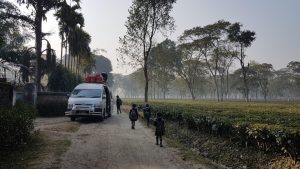 We should not underestimate the challenges these girls face on returning home. Their lives have been very different for the last six months in Kathmandu; living with friends and having a good support network. This is not always the case back in the tea plantation. Living conditions are basic and, in some cases, key family members are working overseas leaving the girls potentially feeling isolated and alone. It is important that as an organisation we continue to monitor the situation and provide further support to allow the girls to successfully use their new skills if it is needed.
We should not underestimate the challenges these girls face on returning home. Their lives have been very different for the last six months in Kathmandu; living with friends and having a good support network. This is not always the case back in the tea plantation. Living conditions are basic and, in some cases, key family members are working overseas leaving the girls potentially feeling isolated and alone. It is important that as an organisation we continue to monitor the situation and provide further support to allow the girls to successfully use their new skills if it is needed.


 acted in HBO’s “
acted in HBO’s “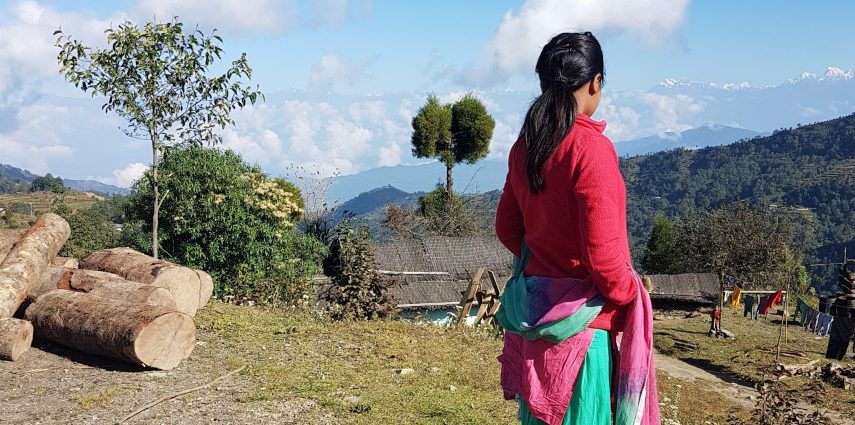
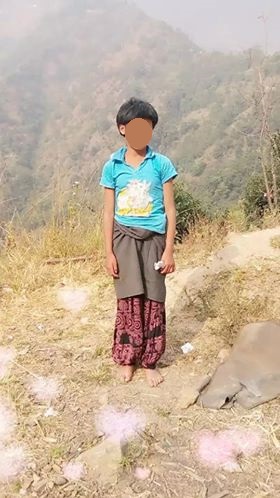 The 12 year old girl pictured left is from
The 12 year old girl pictured left is from